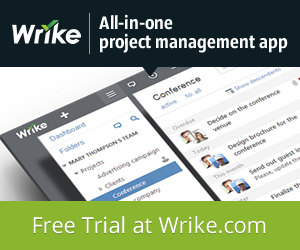
Remember dial-up Internet? The sound of the modem connecting, then the waiting patiently while your search engine loaded, then waiting even longer while the results loaded and then again for the website you were looking for?
We’ve come a long way.
As our technology gets faster, we seem to be growing more impatient when it comes to viewing websites. While a specific age bracket has been dubbed “Generation Now” – as in, they have instant access to whatever information they need – even those outside of that age bracket have gotten used to the idea that any information we need is right at our fingertips. In fact, many of us will abandon a website if it hasn’t loaded in less than 3 seconds.
Now think about your business. Do you rely on ecommerce? How quickly does your website load? If your site has a slow load time – and Google calls anything slower than 1.5 seconds “slow” – people are leaving your site before they’ve even had a chance to browse it. This has a serious effect on your business’s bottom line.
Why?
There are a number of reasons your slow website is hurting your business and costing you sales. First, like we mentioned already, consumers don’t want to wait around for your site to load in order to buy something from you. In fact, most users end up annoyed enough by a slow-loading site to not frequently visit it. If your potential customers are navigating away from your site before it’s loaded, that means they aren’t seeing anything about you, your products or services or your prices. They would rather shop quickly and effectively, even if it means spending a little more money.
Second, if your site is frequently down, that means customers can’t access it. If customers can’t get to it, then you have a much bigger problem: Google won’t get to it. Google takes into account both page load time and site accessibility when it configures search rankings. No matter how great your prices are or how apt the descriptions of your services are, if your site is down, Google is dropping you from the higher rankings and giving your spots to your competitors whose sites load faster.
How to Fix It
When you’re looking to fix your slow-loading or often-down site, you typically don’t need to look any further than your web hosting service. Small businesses have several different options when they’re hunting for appropriate web hosting. When you’re shopping around, make sure that you first realize what you need. Don’t buy something “just large enough.” Always plan as if you will be expanding your site. Having more than enough space is better than not enough.
Dedicated servers are often used by much larger, high-traffic websites, but those also require that the business have total control over the site, including setting up the server, backups and the other potential IT headaches that come from servers. You might also be using free web hosting, which sounds like a great idea in theory, but the host is able to place ads on your site, making you look unprofessional. Ads also tend to be a pretty huge annoyance to people visiting your site, especially if they’re incessant. Some businesses are also moving toward cloud hosting, which is built on very large datacenters. This puts your website on a massive infrastructure with extremely high processing power and unlimited bandwidth.
Find the web hosting service that works best for you and your business. Just remember: the more uptime your customers have on your site, the more likely you are to get a sale.













